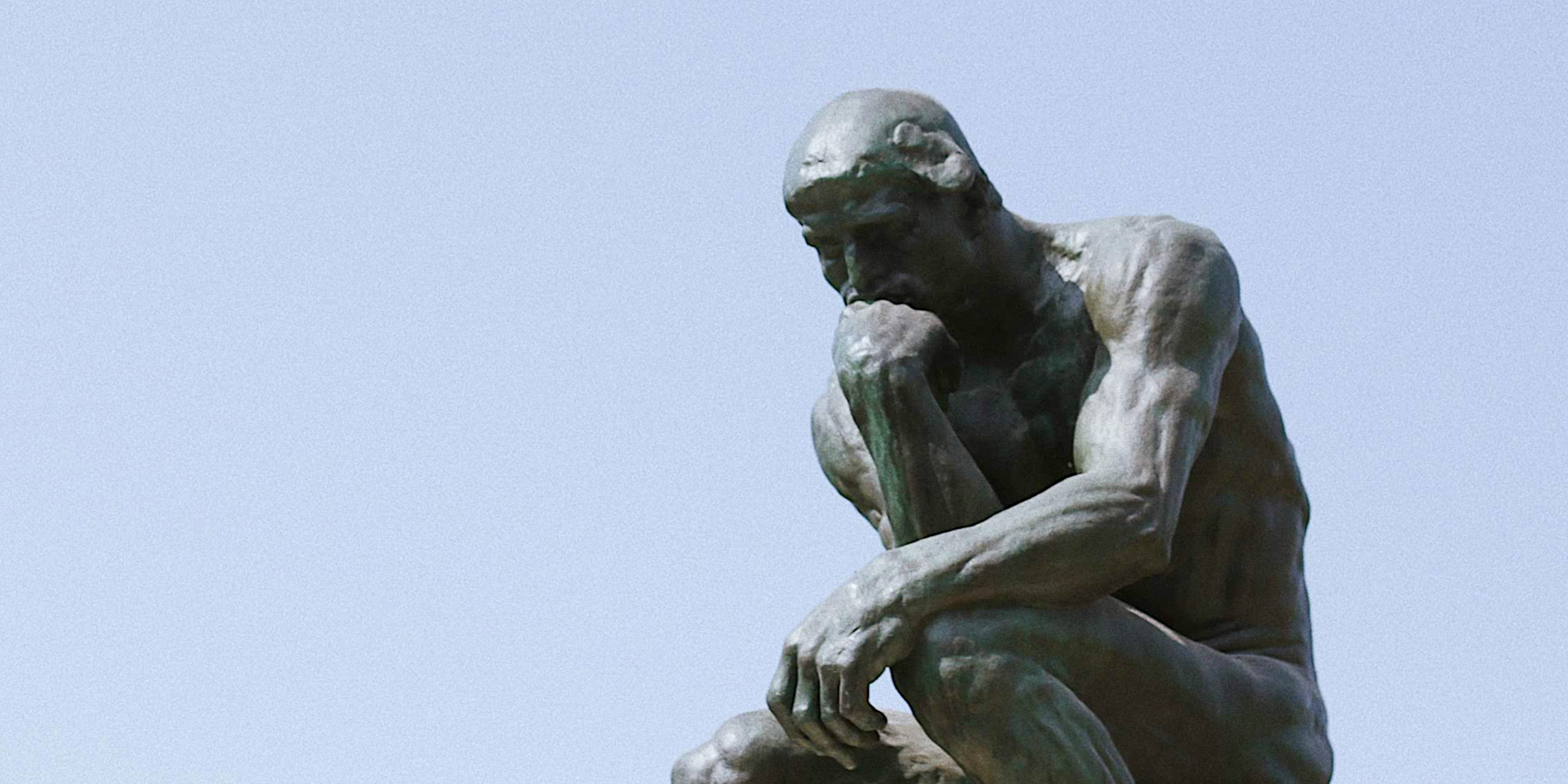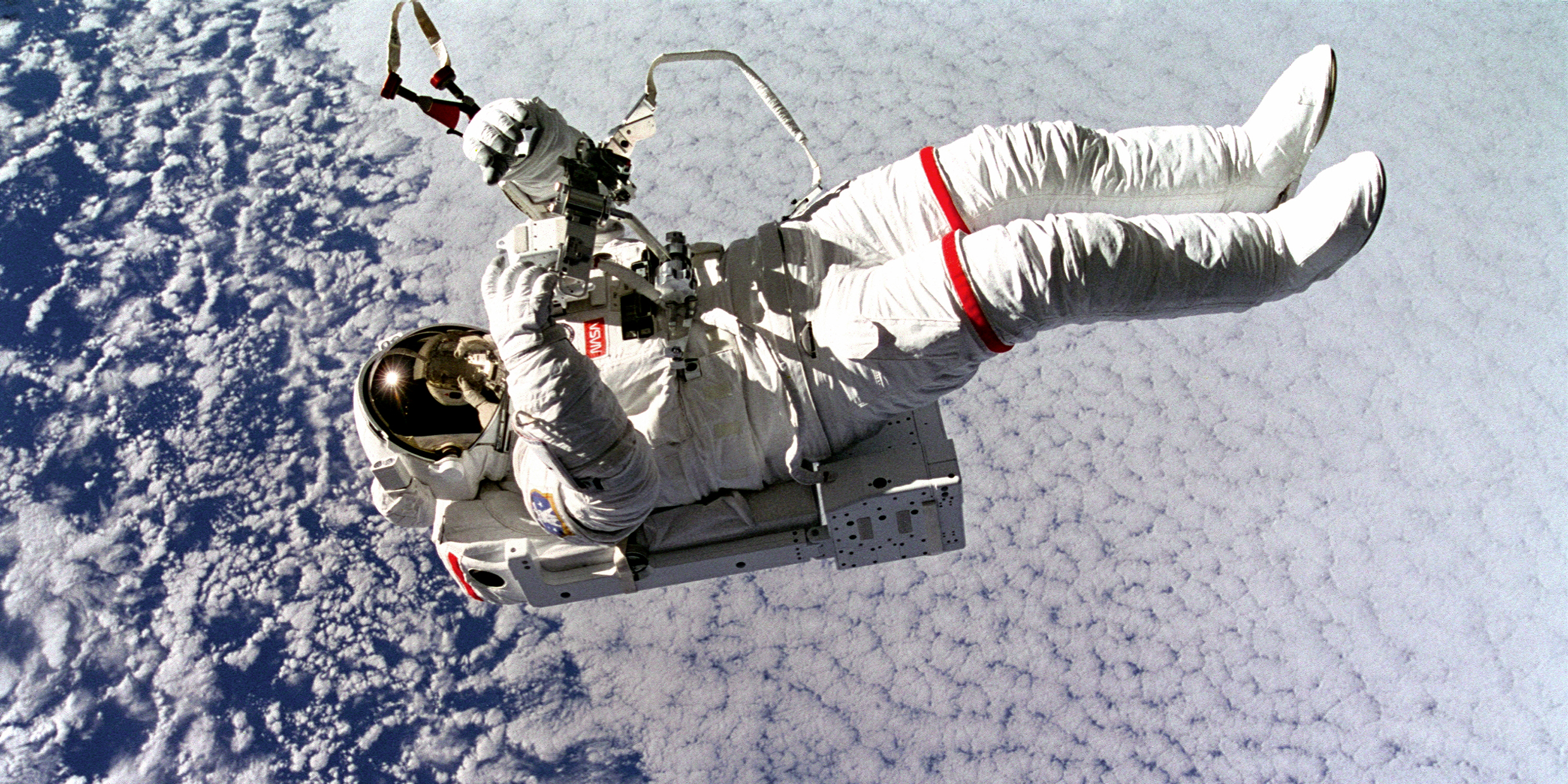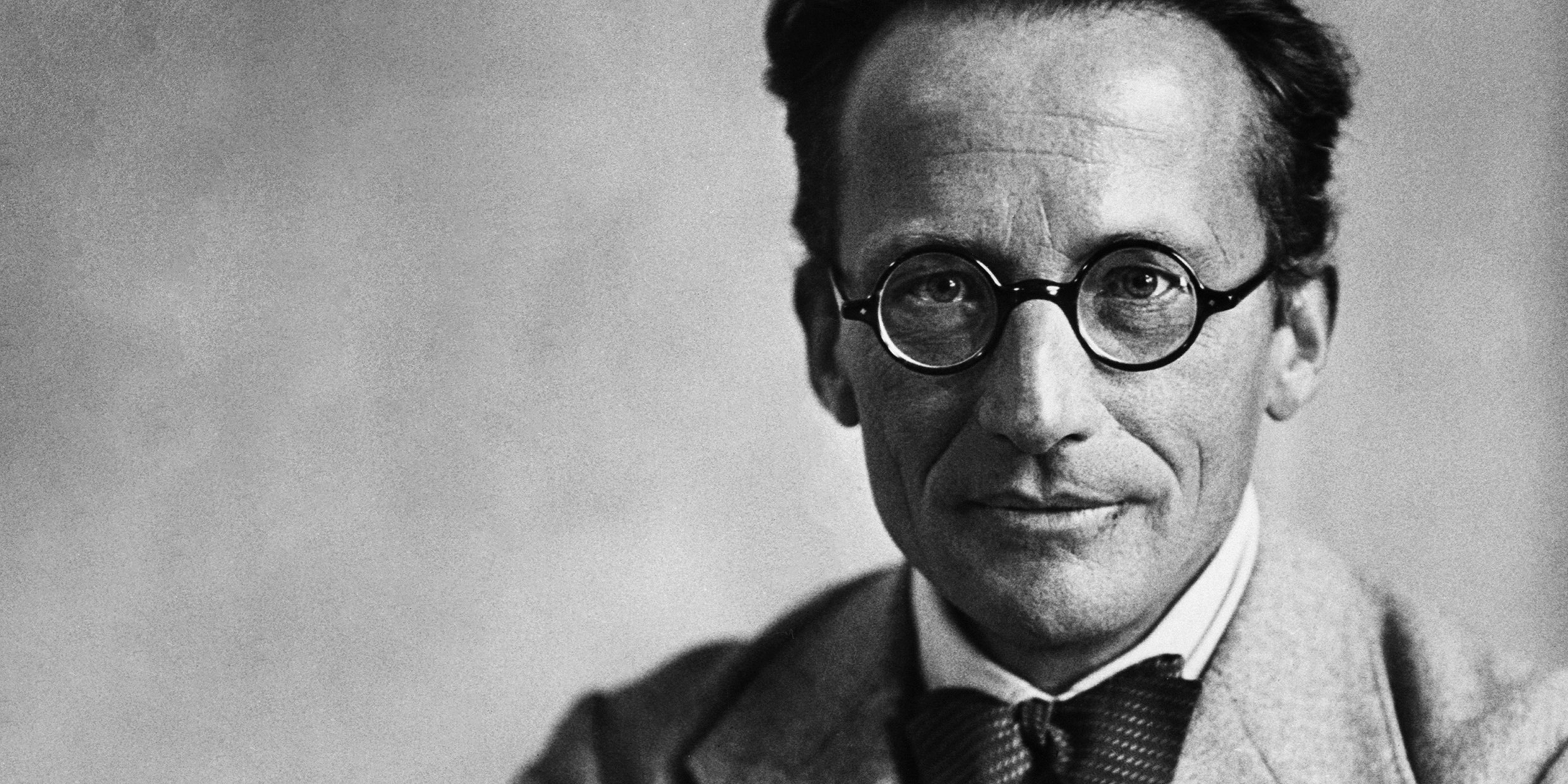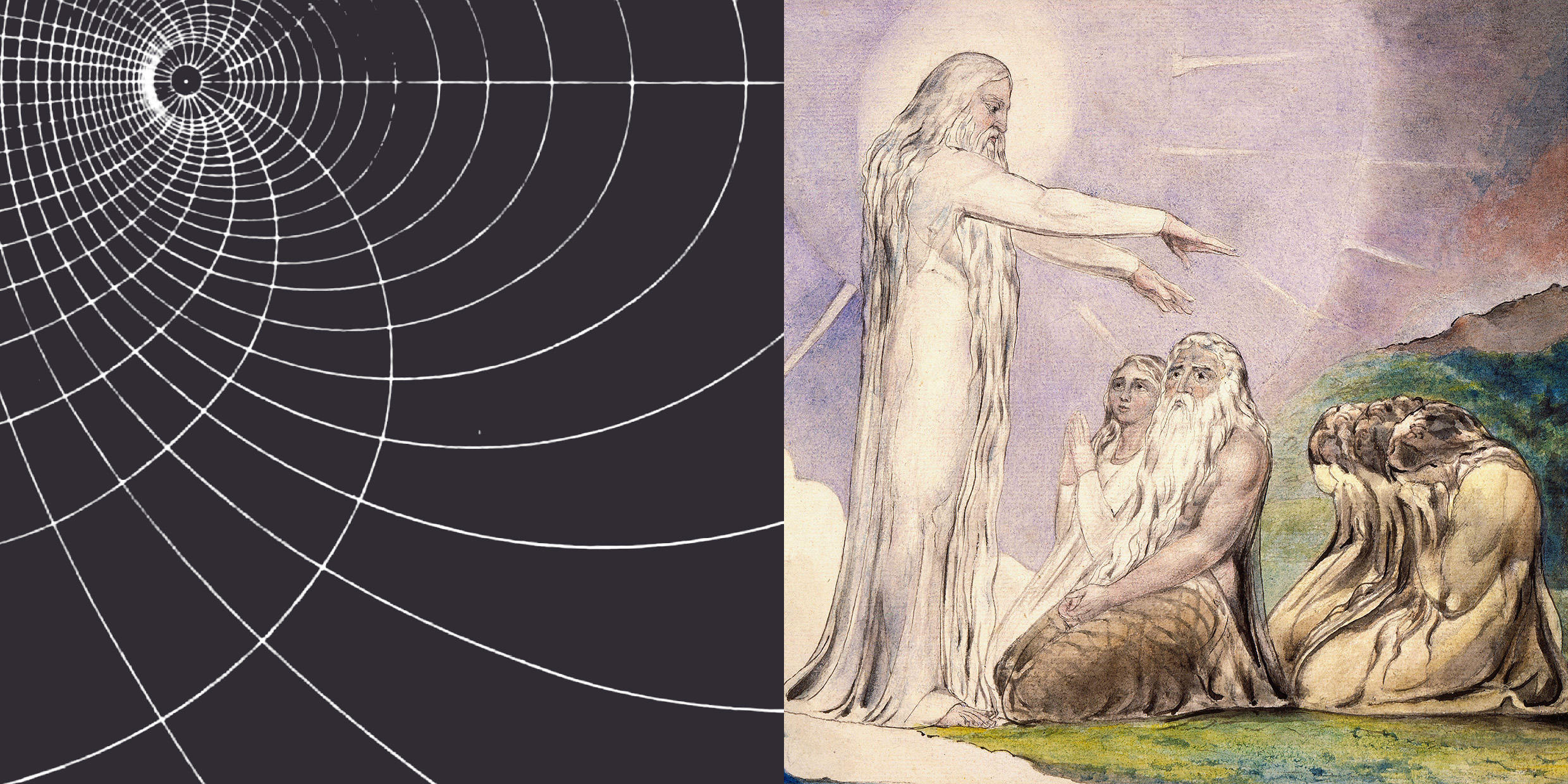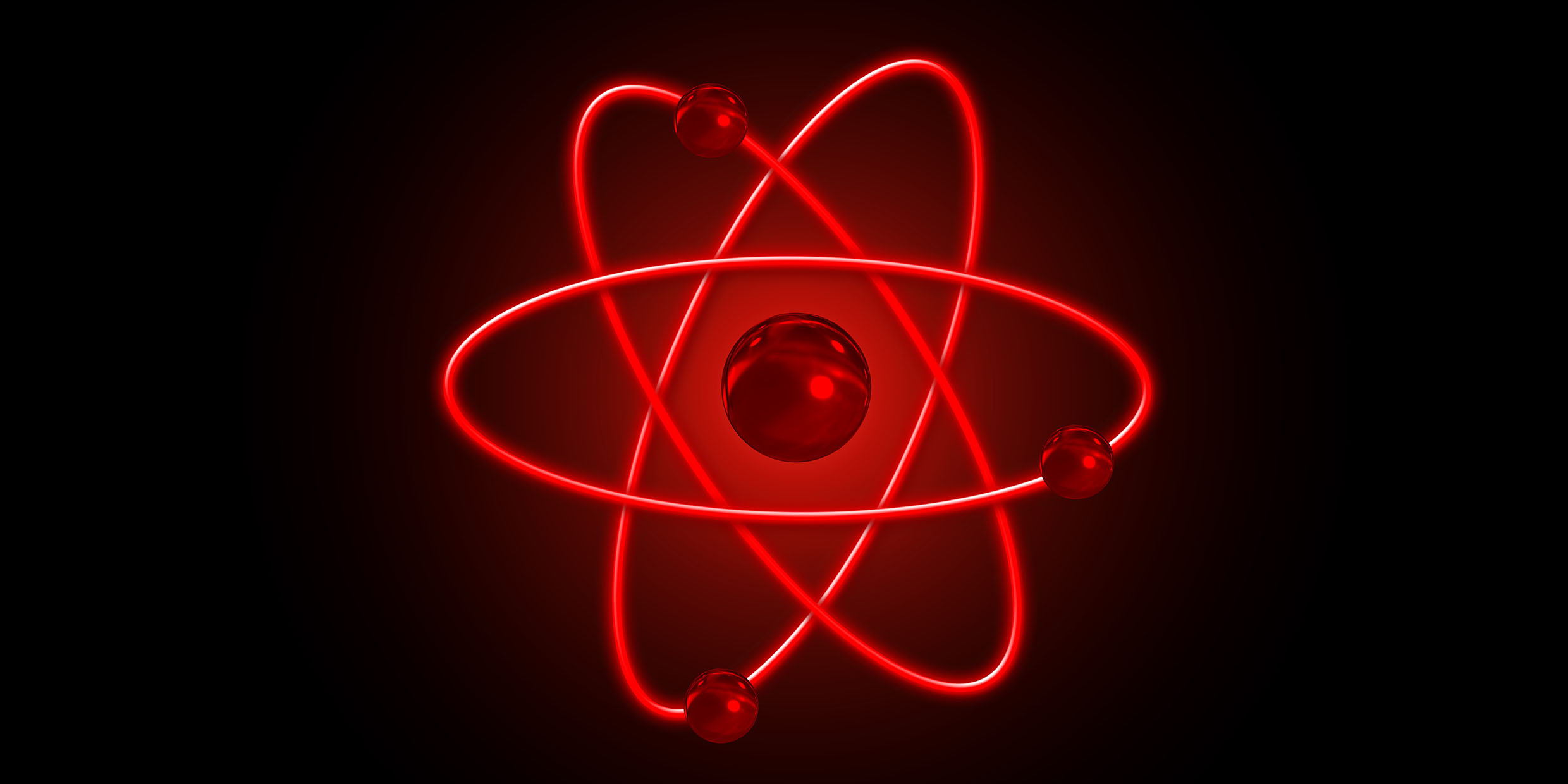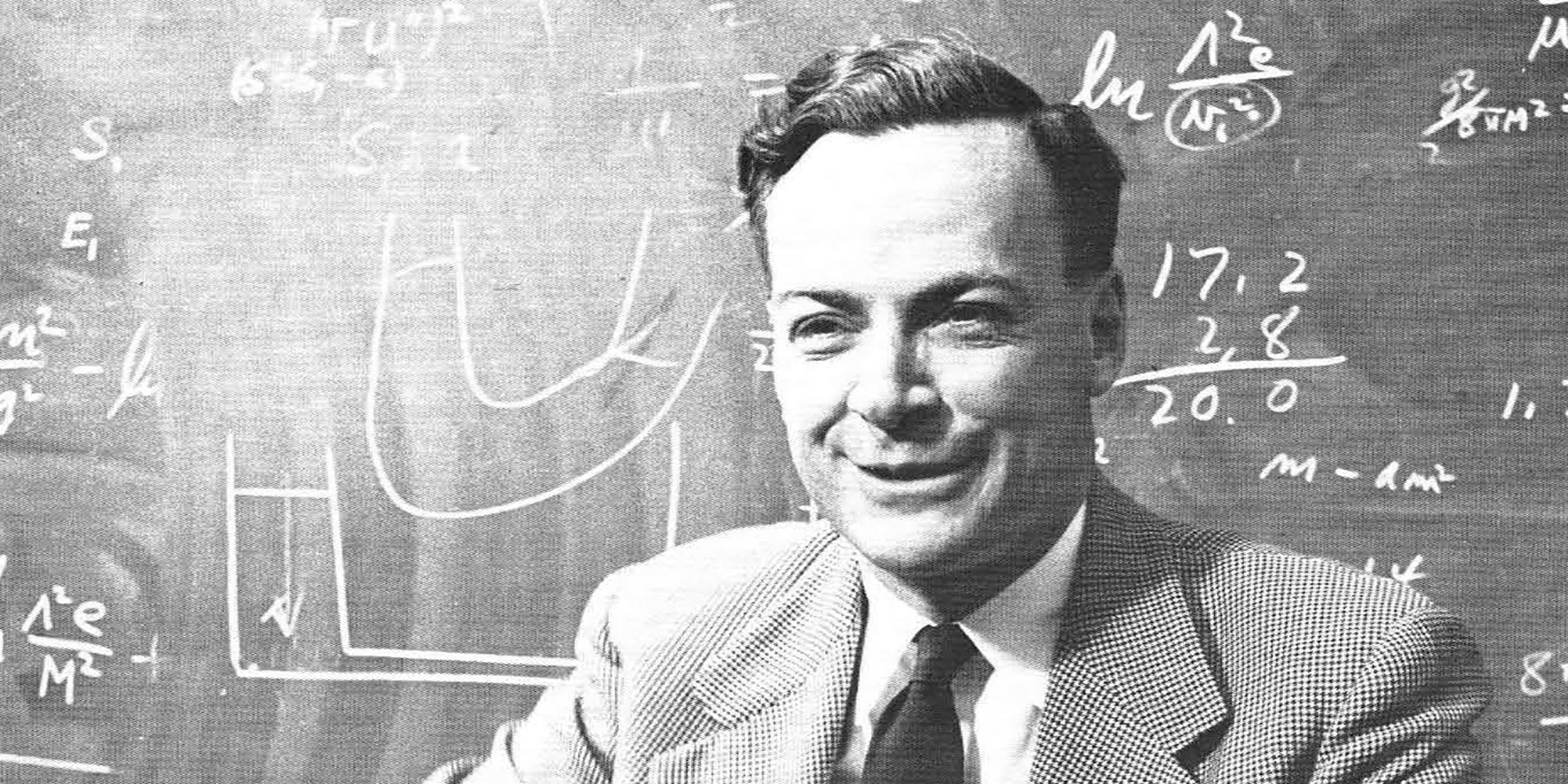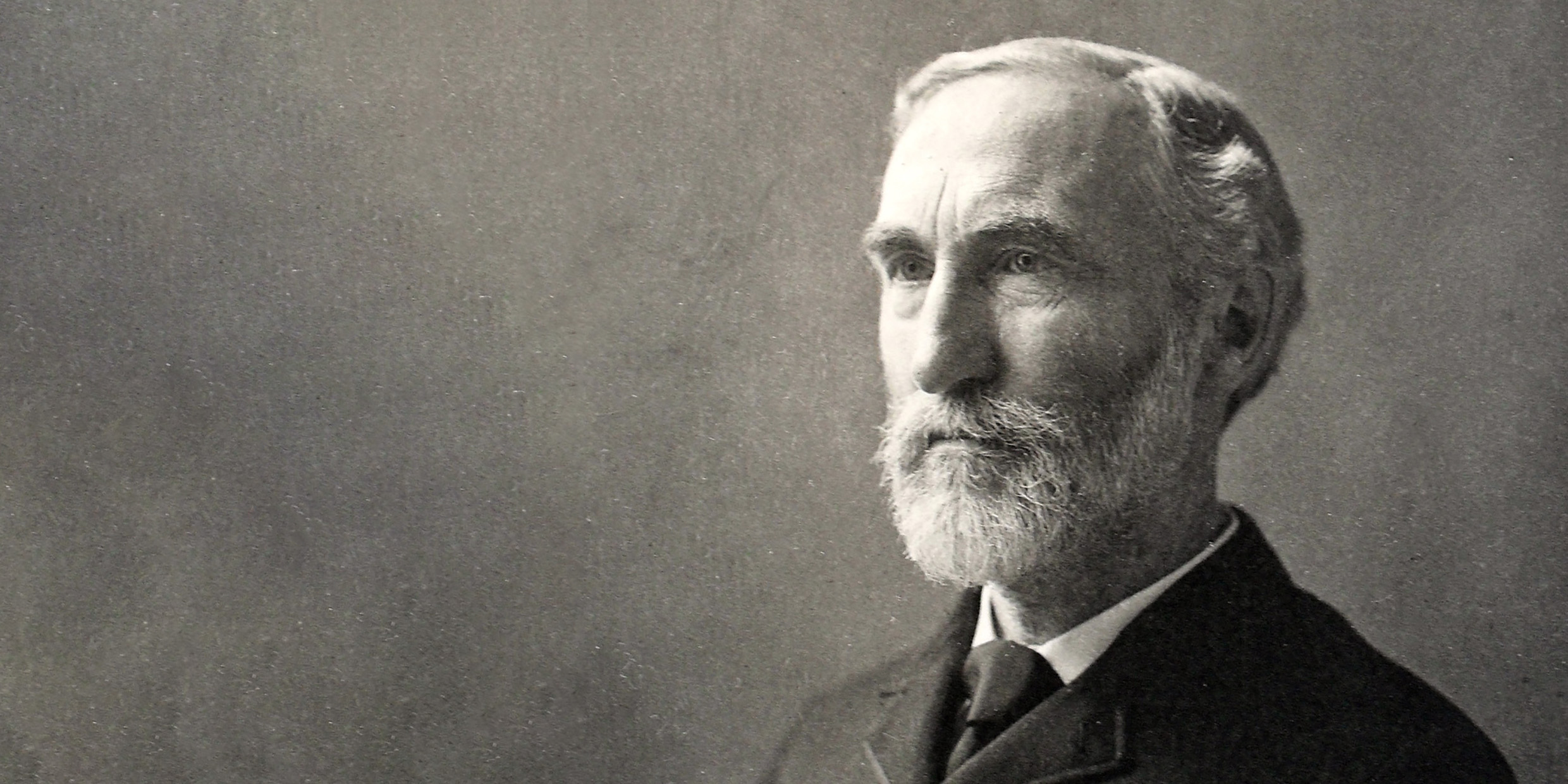Dear Mr. Raymo, I am the editor of GeeWhiz magazine and a reader of your Globe column. Could you write an article for our magazine on the following questions:
Physics
Somewhere out there is a happy ending to everything
One of the wackier ideas to have emerged from modern physics is parallel universes. That’s right, folks. This universe that we live in may not be the only universe. There may exist an uncountable number of universes, some nearly identical to this one, others wildly different. Even as you read, zillions of new universes may be blossoming into existence.
Einstein just said ‘No’
Most of us have seen television images of astronauts floating in space.
Universal harmonies
Late night, candlelight, bottle of wine. Outside, the stars of Orion high in the sky. Mars blazes brightly between the horns of Taurus. The Pleiades twinkle. On the stereo, a favorite piece of music, Henry Purcell’s “Ode on St. Cecilia’s Day 1692.”
Going against the grain
Independence Day. The sand-castle season begins.
The philandering physicist
In the year 1926, his annus mirablis, the Austrian physicist Erwin Schrödinger published four papers laying down the foundations of a new theory of nature, called wave mechanics.
A common soil
After the publication in 1959 of C. P. Snow’s The Two Cultures, it became fashionable to look for ways in which science and the humanities are interrelated. Usually this took the form of, ah, say, rooting out references to Renaissance astronomy in the poems of John Donne or to the Second Law of Thermodynamics in the novels of Thomas Pynchon.
Is anything forever?
In this day when everything seems to break down the day after the warranty expires, it would be nice to know that something lasts forever. Unfortunately, science seems determined to remove the last vestiges of permanence from the universe.
Feynman’s magic
The February [1989] issue of Physics Today has been lying around unread for weeks. It is a special commemorative issue on Richard Feynman, the Nobel prize-winning theoretical physicist who died in 1988 at age 70. I was in no hurry to read it. I saved it until I had the time and inclination for a real bout of nostalgia.
Meet Mr. Gibbs
Previously, in a column on the scientific reputation of Benjamin Franklin, I mentioned Willard Gibbs, calling him the greatest scientist America produced until our own century. Several readers asked, “Who’s this guy Gibbs you think so much of?” An informal survey confirmed Gibbs’ anonymity; no one I questioned could place the man or his achievements.
